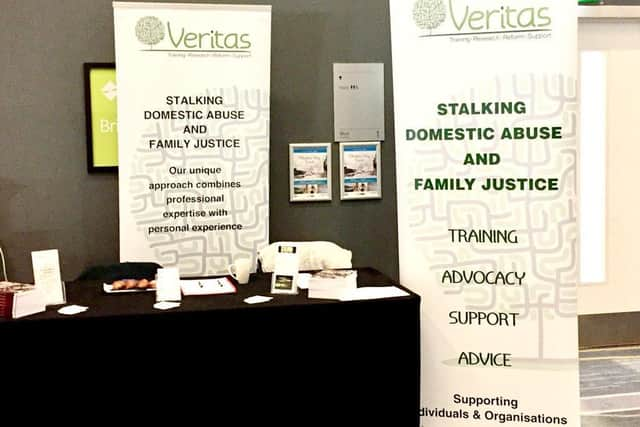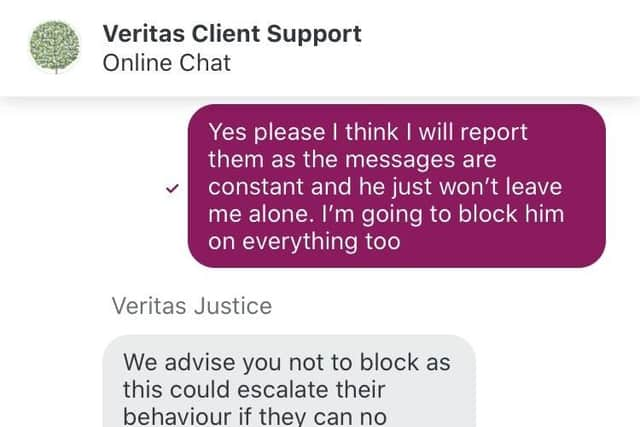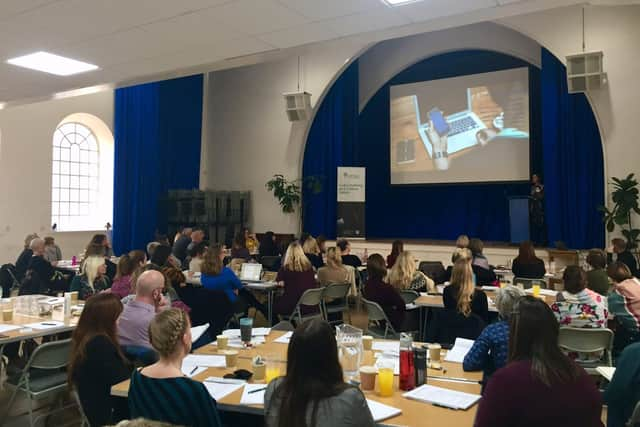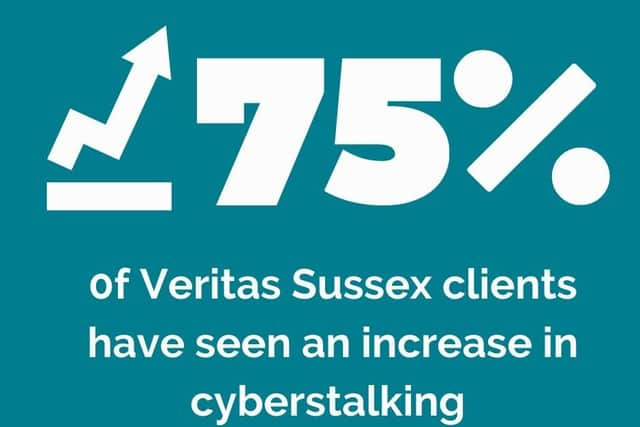High Sheriff of West Sussex, Dr Tim Fooks, talks to Veritas Justice about the significant increase in stalking
and live on Freeview channel 276
During the pandemic, we have all observed changes in the way people interact. Many experiences have been positive but, for reasons that are not fully understood, a type of very distressing criminal behaviour has also increased significantly. It’s called stalking.
Stalking is a serious crime that affects the lives of an estimated 5,053,000 individuals in the UK every year. In 2012, it became a specific criminal offence and is defined as ‘a pattern of fixated and obsessive behaviour, which is unwanted, repeated, persistent and intrusive and causes fear of violence or engenders alarm and distress in the victim’.
Advertisement
Hide AdAdvertisement
Hide AdIn the last year, Sussex Police recorded approximately 1,600 stalking offences. This is a 48 per cent increase from the previous year but since we know that stalking is both under-reported and under-recognised, it is very likely the actual figures are considerably higher.


The reasons why stalking often goes unreported are of concern. It may be because the victim fears they will not be believed, or a fear that the stalker might escalate their behaviour, or even because the victim does not want to get the perpetrator into trouble or are too afraid of repercussions if they seek help.
Research shows that many victims suffer more than 100 incidents before they realise that what they are experiencing is stalking and report it to the police. And when a victim does make a decision to reach out and put their trust in someone to listen to what they are going through, the response they receive is crucial.
Thankfully in Sussex, Veritas Justice stalking advocacy service was established in 2014 to offer high-quality local information, support and advice to all Sussex residents affected by stalking, whether or not a crime has been reported to the police.
Advertisement
Hide AdAdvertisement
Hide AdVeritas remains one of the few stalking specialist services across England and Wales and is now greatly respected for its expertise, both in supporting victims and in delivering training.


Indeed, since being launched, Veritas has seen a consistent increase in referrals, with a sharp increase during the pandemic – in the last year alone Veritas has supported more than 1,200 people.
Stalking campaigns are often built on small, seemingly isolated and low-level crimes. Victims describe receiving high volumes of unwanted communication from their stalkers. These may be phone calls, letters, graffiti, emails, texts, WhatsApp messages, Facebook and other social network sites.
Stalkers may also loiter near the victim’s home or place of work, spy on them, follow them, approach or confront the victim in private or public and enter the victim’s home or workplace. Associated behaviours may include sending gifts or other items that are intended to intimidate, ordering or cancelling goods or services, making false complaints, making threats, damaging property and being physically violent.
Advertisement
Hide AdAdvertisement
Hide AdThe increasing use of online communications and social media platforms has changed the way in which people interact with each other, particularly during the Covid-19 pandemic. Since the first lockdown in March 2020, Veritas saw an increase of 76 per cent of cyber-enabled stalking and a 26 per cent increase in the number of people seeking their help.


The ever-increasing availability of instant communication has resulted in online abuse becoming increasingly problematic, with more than half of adult internet users reporting, experiencing or witnessing abusive content and cyber-enabled stalking in the past year.
For victims of the devastating crime of stalking, the support Veritas offers has been transformational and life-changing.
“I’ve been very lucky to have been supported by Veritas, not everybody can understand what it is like to be stalked,” A, stalked by husband.
Advertisement
Hide AdAdvertisement
Hide Ad“Veritas have saved not only my life but also my children’s lives, I can honestly say that I would not be where I am today if it were not for Veritas,” L, stalked by ex-partner.


Taking the first step to ask for help is often the biggest but, if you are a victim of stalking, Veritas will be there to help you too. Visit veritas-justice.co.uk for more information or telephone 01273 234773.